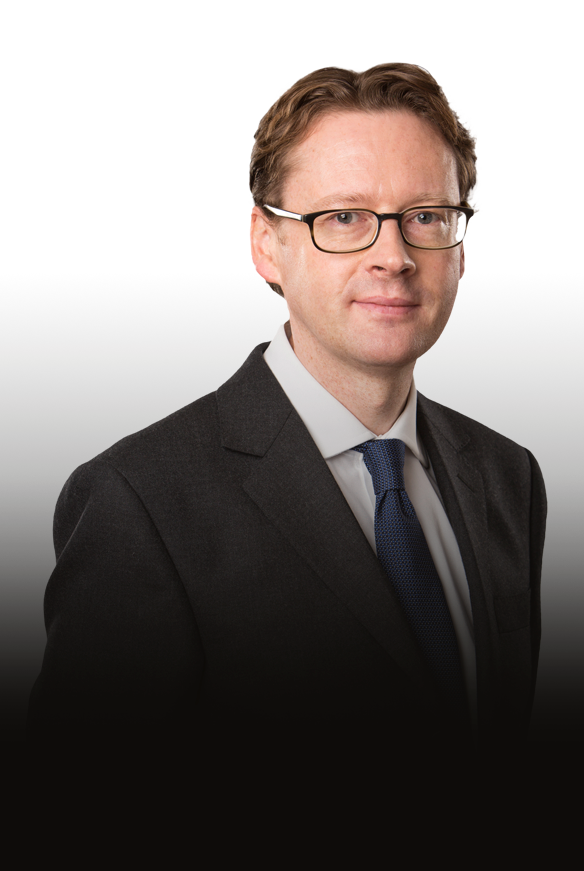The third countries that have expressed an interest in being part of a transitional regime for equivalence under Solvency II have started to increase. The European Commission (the “Commission”) recently wrote to EIOPA with the list of third countries that have been involved in informal discussions with the Commission and have indicated their interest in being part of a potential transitional regime for third-country equivalence. The countries that have expressed their interest are:
- Australia
- Chile
- Hong Kong
- Israel
- Mexico
- Singapore
- South Africa
Additionally, Brazil, China and Turkey have had initial discussions with the Commission regarding the transitional regime.
The Commission is planning to continue its discussions on equivalence under Solvency II with third countries and has asked EIOPA to carry out some technical analysis in the following areas:
- Whether the supervisory authorities of third countries are bound by obligations of professional secrecy which are equivalent to the Solvency II requirements and
- The “gaps” that might mean a third country’s supervisory regime does not meet the criteria for equivalence
Previous EIOPA Third Country Reviews
This update on the additional third countries interested in discussing the equivalence regime follows the full equivalence assessment that was conducted by EIOPA last year. Following a detailed review, EIOPA issued their advices in October 2011 on the equivalence assessment of the supervisory systems in Japan, Switzerland and Bermuda.
According to those EIOPA advices:
- The Japanese supervisory regime should be considered equivalent for reinsurance under Article 172. EIOPA, however, noted a number of areas where it believes that the Japanese regime was only largely equivalent to Solvency II. These areas included the authorisation of reinsurance business, the solvency regime, and governance and public disclosure requirements
- The Swiss supervisory regime is equivalent to Solvency II. Again, there were some caveats in relation to governance and public disclosure requirements. EIOPA noted that the Swiss regulator was currently conducting a review in a number of these areas and equivalence would be reassessed once this review concluded
- EIOPA noted that a number differences between the Bermudan supervisory system and Solvency II. Accordingly, equivalence would only be recommended for certain non-life classes. EIOPA also highlighted that, for those classes, the Bermudan system was only partly equivalent in many areas
Continuing Reviews
The third country equivalence review will continue with various new countries joining the discussions with the Commission. EIOPA has advised, however, that the assessment of equivalence should be reviewed regularly and updated to ensure that third countries are, and continue to be, equivalent. This will be particularly relevant for third countries where the regulatory systems are undergoing changes.
The USA Debate
Most notably, the USA was not included in this most recent review of equivalence assessments.
The Commission and EIOPA have met with representatives from the Federal Insurance Office and the state insurance regulators to define a work plan to increase “mutual understanding and co-operation in the insurance sector”. The Commission commented that a different approach to equivalence would be needed for the USA because the prudential regulation of insurers is a matter for each individual state.
Confirmations of Equivalent Third Countries
The Commission is planning to make its decision on the list of equivalent third countries during the first six months of 2013. The final amendments to Omnibus II will have been agreed before it can be certain what the final criteria for equivalence will be. While it does seem that the European Council and the European Parliament have agreed on the concept of transitional equivalence, the number of outstanding matters and the requirement for EIOPA to conduct its reviews may impact on the Commission’s timetable.
For further information, please contact Eoin Caulfield or Dianne McMahon of our Insurance and Reinsurance unit.
Contributed by Dianne McMahon

